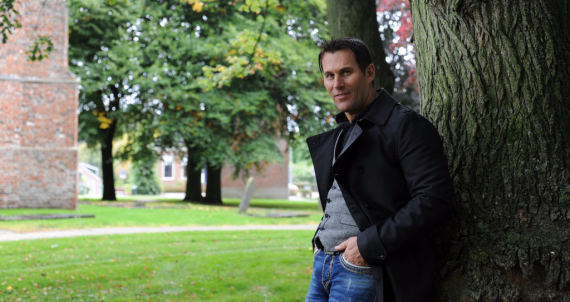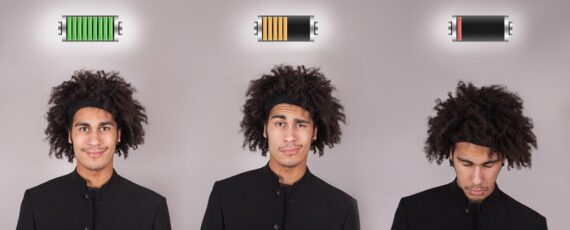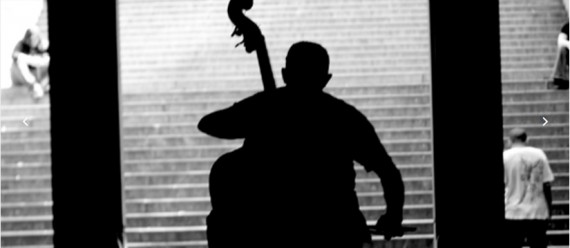We see it regularly: clients who take on all the responsibility for their relationship problems. They try to avert the crisis within their relationship by going into counselling or therapy. After a while, they often find that the quality of the relationship is not improving, in spite of the fact that they are working so hard on themselves.
There are several reasons for this. The client can begin to see him/herself as the only one working to save the relationship. This often feels unfair, so s/he begins to push and pull, making ever increasing demands on the partner to get more involved. But the latter may actually begin to feel cornered, pulling even further away as a result.
Psychological parent
A second reason is that the client acquires new insights that give him or her the feeling that they understand everything that’s going on. This breeds the well-known phenomenon of the psychological parent. Obviously, this attitude is also counterproductive to the relationship.
Sometimes the more dominant or verbally stronger partner blames the ‘weaker’ one for all the problems in their relationship, even pushing him or her to go into individual counselling. If this ‘weaker’ partner happens to harbour a strong Inner Critic, and starts to see him/herself as the cause of the problems, then it will be difficult for individual counselling to offer much healing or relief. And if the counsellor goes ahead and looks for any personal traumatic events, the effect may be to miss the point completely, since this only reinforces the idea that the partner under counselling is indeed the cause of the problems. Moreover, the dominant partner is then confirmed in his or her feeling that the fault of the relationship lies with the other and s/he no longer feels the need to examine his/her own role in the dilemma.
Focus on relationship dynamics
Relationship problems therefore require an approach that focuses on the dynamics of the relationship and not on processes within the individual. These dynamics become clear when, as a counsellor, you sit across from the couple. You are able to see bonding patterns of which the couple is often completely unaware. In addition, painful events in the relationship—called “relationship traumas”—need to be dealt with by both partners while they are together. This requires a lot of patience and time of both the couple and the counsellor. But it also produces mutual understanding when they see each other’s vulnerabilities; vulnerabilities that underlie their (annoying) behaviour. Sometimes partners will not have physically touched each other for a long time. During relationship coaching they are encouraged to reach over this threshold and, for example, to simply hold each other’s hand again, and to discover, after several months, how natural and safe this can feel.
Observing each others sessions
Most couples experience a healing or restitution of the emotional bonds when they learn to share their vulnerabilities from the perspective of an Aware Ego. Working on the level of the individual often proves to be unnecessary. Individual help is always an option if it appears that emotional recovery does not occur during relationship counselling, for instance, because certain primary subpersonalities are getting in the way. However, this individual counselling always takes place within the context of the relationship process; in other words, with both partners involved. This may be achieved, for example, by attending and observing the other’s individual session.
Course or training
Would you like to know more about relationship dynamics and learn how to coach couples? Then sign up now for the our Linkage Relationship Coach Course . The emphasis will be on coaching couples in a love-relationship, but the principles addressed are also applicable to coaching work-, friendship- and family-relationships.















